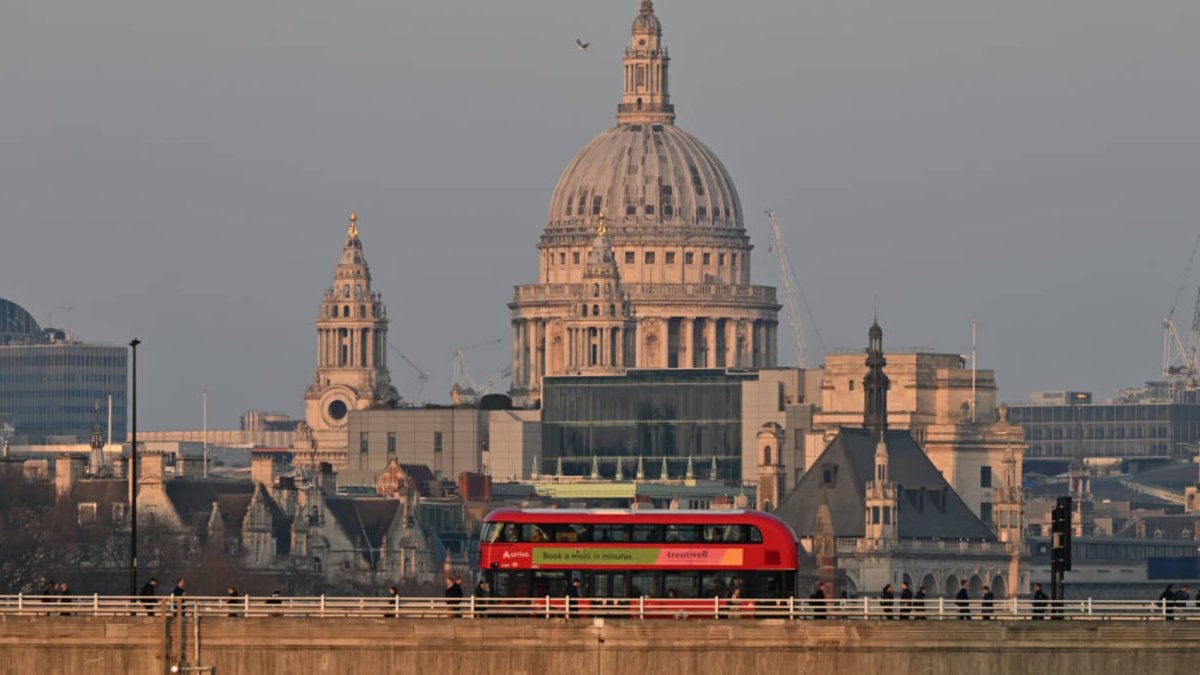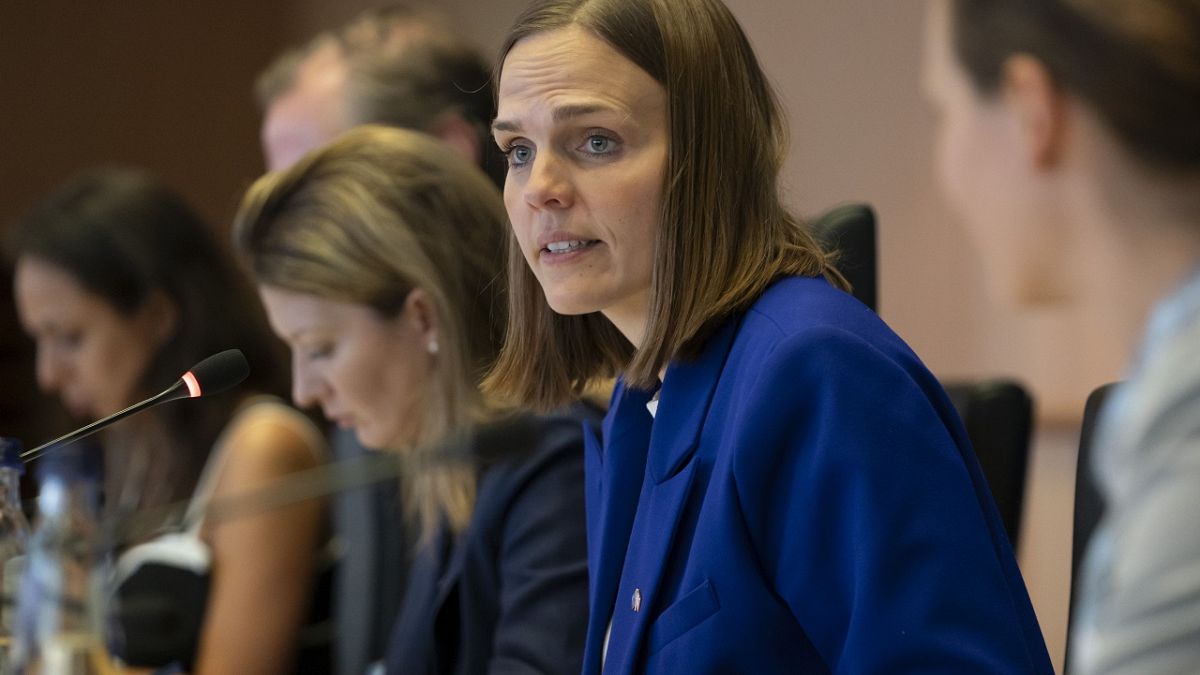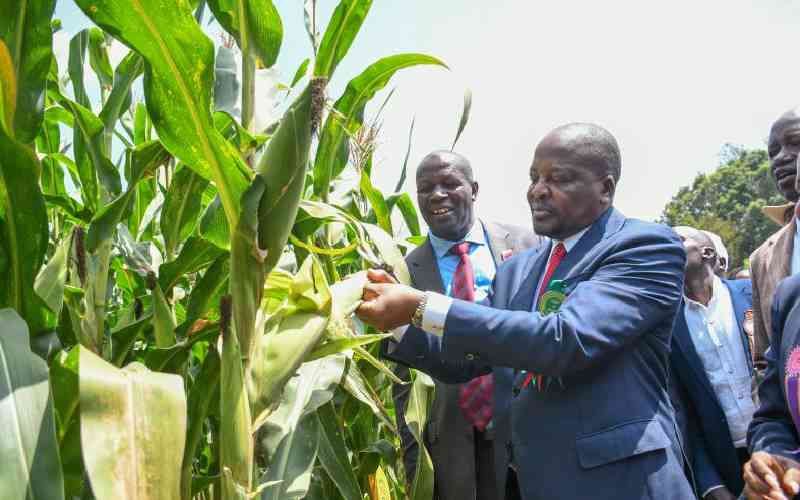EU Unveils Blueprint For Boosted 2-Trillion-Euro Budget
Serafin, however, said that under the commission’s plans, 300 billion euros would be ring-fenced to support farmers, who have been worried about potential cuts to their slice of the pie.

In the current seven-year budget, the CAP accounted for almost a third of funding—around 387 billion euros, of which 270 billion euros are directly paid to farmers.
The announcement sets the stage for two years of fraught negotiations between the European Parliament and 27 member states—with the largest and richest countries keen to avoid paying more.
Unlike in the previous budget, the EU has debts due from the Covid pandemic, when states teamed up to borrow 800 billion euros to support the bloc’s economy. These are estimated to cost 25-30 billion euros a year from 2028.
The previous 2021-2027 budget was worth around 1.2 trillion euros and made up of national contributions and money collected by the EU, such as customs duties.
National contributions will grow slightly from 1.13 percent of member states’ gross national income to 1.15 percent plus 0.11 percent devoted to repaying the Covid loan.
The commission will also seek to raise about 58 billion euros a year by collecting money directly through five instruments, including its carbon border tax and a levy on electronic waste.
Members of the EU parliament made it clear the budget was not enough.
“However you try to package this, what we have is a real-terms investment and spending freeze,” said a statement from the EU lawmakers tasked with steering the budget through parliament.
“It is the status quo, which the commission has always insisted is not an option,” said the lawmakers, who include Siegfried Muresan of the parliament’s biggest political group, the EPP, to which von der Leyen belongs.
Fearful of a spending overhaul that would cut their revenue, hundreds of European farmers kept up the pressure on the commission on Wednesday with a protest outside the building in Brussels organised by pan-European agriculture lobby group Copa-Cogeca.
French farmers are some of the biggest CAP beneficiaries.
“This proposal is a provocation,” said Arnaud Rousseau, head of France’s leading farmers’ union, the FNSEA, during the demonstration in Brussels. “If (our) message is not heard, we will return,” he said.
His warning raised the spectre of another confrontation after last year’s protests across Europe by farmers upset at cheap imports, low margins, and the burden of environmental rules.









